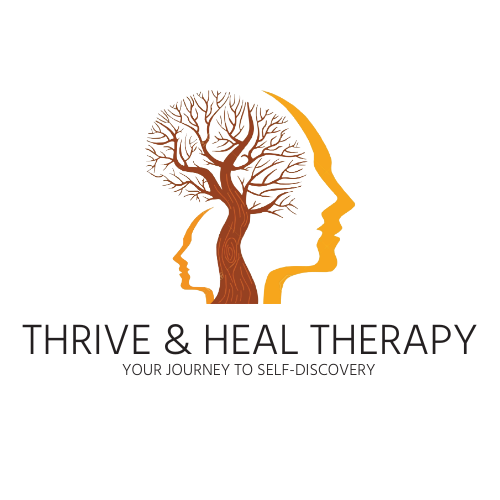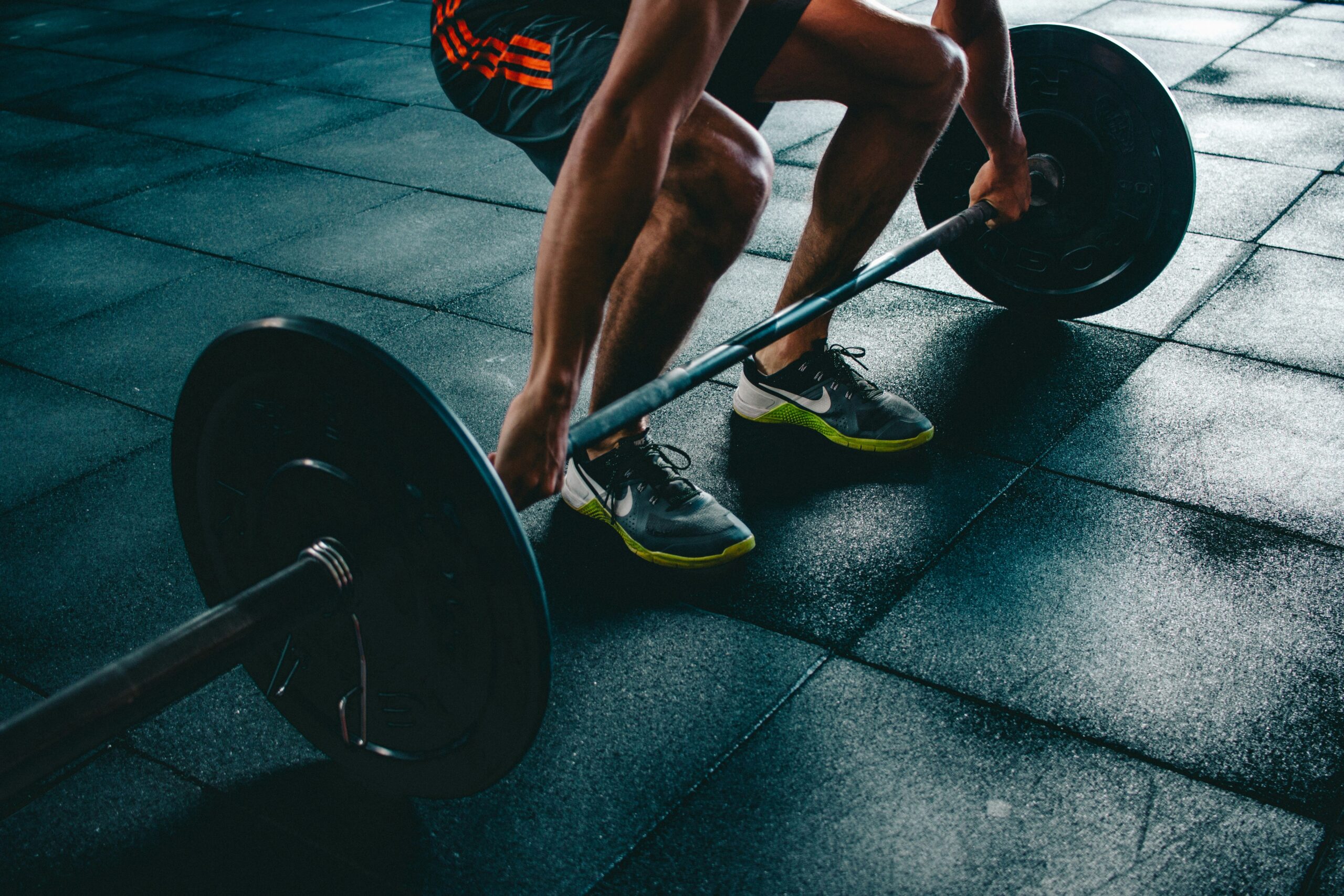Body image plays a part in our society and can impact how we view ourselves. With society focus on social media, body image distress has risen due to multiple factors. Social media is not the only thing that can impact a persons body image distress. However, body image distress can be a result of how one feels about themselves on the inside that actually impacts their self-esteem.
Body Image
It is defined as an individual’s perception of themselves and how they see and feel about their body.
It involves engaging in thoughts about a certain part of the body such as skin ,hair, weight and shape of a body part. It is a subjective opinion of a person on how they look.
It can be relatively long lasting,either positive or negative. Some people also experience both positive and negative thoughts regarding their bodies.
Positive Body image leads to contempt and feeling good about oneself on the other hand negative body image is associated with displeasure and discontent with one self.

Psychology Behind Body Image Distress
Body image distress is the pain and affliction caused by an altered view on one’s own body. If a person thinks and feels a certain way about their different body aspects such as their weight or body shape regardless of how it is in reality their negative body image causes them to live in discomfort and behave accordingly.
This has four elements:
- Perceptual (View about your own body)
- Affective (Feelings about own body)
- Cognitive (Thoughts about own body)
- Behavioral (Actions you take for body)
Below are a few effective ways to cope with body image distress:
Question Unrealistic Beauty Standards
An increasing number of research data has shown how culture impacts our body image and we are consistently being engaged in the ideas of how a body should look like which is an unattainable or unrealistic standard. So it is significant to provide yourself access to reality and focus on the real life bodies which come in all shapes and sizes. Do not hold yourself accountable to look in a specific way which is often edited and portrayed as a real body but truly isn’t.
Be mindful of the exposure you are giving yourself, follow platforms and read from magazines that support a positive healthy body image. Limit the use and exposure to the perfect images that’s created to market the products in media. Choose wisely.
Choose Self-Compassion
It is natural to feel insecure about something, especially living in the modern world where you are constantly given unrealistic beauty standards. There are days where almost every one might have experienced body image distress. However, how you cope with it, matters. Choosing kindness, positive self-talk and self-acceptance is extremely helpful for your mental wellbeing.
Several studies show self-compassion is associated with positive body image and reduces distress. It has shown to increase self-esteem and overall subjective well-being of individuals.
A weekly activity of writing a self-compassionate letter to oneself can make a difference and is shown to benefit individuals dealing with body dissatisfaction (Nightingale et al,2023).
Self-compassion is also effective in improving body appreciation and increasing body flexibility, which is the capacity of a person to know their worth, feel content with their bodies all the while also committing themselves towards healthier body goals.
Positive Affirmations
Self affirmations or positive affirmations are the optimistic statements or self declarations that are used to reduce anxiety and help you cope with negative thoughts.
Statements should be specific and addressed towards the negative automatic thoughts NATs relevant to the problem for instance positive affirmations for body image distress can look like this
- I am sufficient and enough.
- My body is my safe place.
- I feel good in my own skin.
- I am confident.
- I am worthy and beautiful just the way I am.
- I celebrate the beauty of my body.
- I cherish and love my body.
- I embrace my imperfections.
- I value my body for what it does for me.
- I acknowledge my unique beauty.
- My body is complete and accomplished.
- I am grateful for everything my body does for me.
- I am grateful I have a complete and fully functioning body.
Studies have shown doing self-affirmations consistently can boost mood, reduce anxiety and increase overall well-being (Arquiza,2020)(Rana, 2018).
Self affirmations help in increasing self-esteem and elevating feelings of body content and satisfaction (Armitag CJ,2012)
Positive self-affirmations for body image distress can be done:
- In writing
- They can be repeated out loud
- They can be recorded and listened to in free time
- Added to daily activity such as mediation or exercise
- Rehearsed by standing in front of a mirror
Shift Your Focus on What Your Body Can Do
Studies report that when the perception regarding your body is shifted to what it does for you, there is a significant change in self -esteem leading to a healthy and positive body image. Body flexibility is an important factor and helps develop feelings of content and satisfaction.
People who are focused on the actions and behaviors their bodies perform such as exercising, doing yoga, learning games, experiencing physically engaging activities have a positive body image and also exercising promotes a healthier body image. It’s a two way relationship. Moreover, people with negative body image are reported to show much less involvement in physical activity (Ruiz turerro et al,2022).
Maintaining a healthy lifestyle, eating nutritious food, engaging in physical activities helps reduce body image distress. As the famous saying goes, a healthy mind in a healthy body, using biofeedback to feel confident and good about yourself is an effective way of developing a positive body image.
Seek Support
If self-help activities are not providing you with results then don’t hesitate to go ahead and seek support from your friends, family and take professional advice from a therapist.
In a nutshell, body image distress is a common problem that can be dealt with by engaging in self-care activities, choosing and maintaining a healthy lifestyle, and working on your mental and physical health.

References’
Quittkat, H. L., Hartmann, A. S., Düsing, R., Buhlmann, U., & Vocks, S. (2019). Body Dissatisfaction, Importance of Appearance, and Body Appreciation in Men and Women Over the Lifespan. Frontiers in psychiatry, 10, 864. https://doi.org/10.3389/fpsyt.2019.00864
Nightingale, B. A., & Cassin, S. E. (2023). Self-Compassion May Have Benefits for Body Image among Women with a Higher Body Mass Index and Internalized Weight Bias. Healthcare (Basel, Switzerland), 11(7), 970. https://doi.org/10.3390/healthcare11070970
Armitage C. J. (2012). Evidence that self-affirmation reduces body dissatisfaction by basing self-esteem on domains other than body weight and shape. Journal of child psychology and psychiatry, and allied disciplines, 53(1), 81–88. https://doi.org/10.1111/j.1469-7610.2011.02442.x
Ruiz-Turrero, J., Massar, K., Kwasnicka, D., & Ten Hoor, G. A. (2022). The Relationship between Compulsive Exercise, Self-Esteem, Body Image and Body Satisfaction in Women: A Cross-Sectional Study. International journal of environmental research and public health, 19(3), 1857. https://doi.org/10.3390/ijerph19031857






